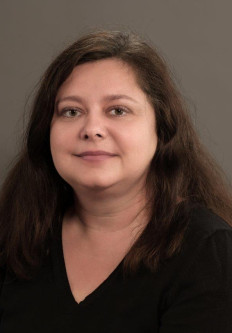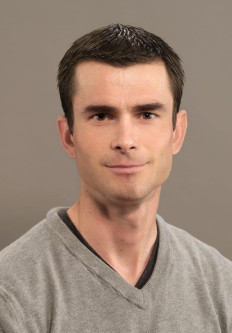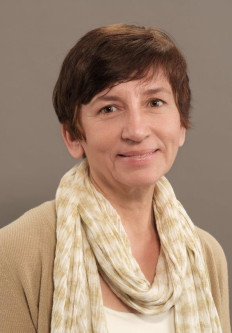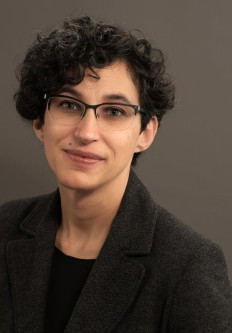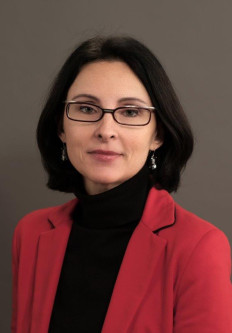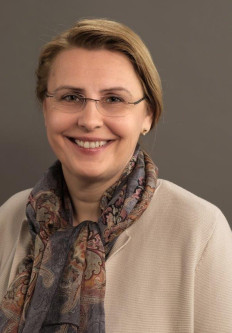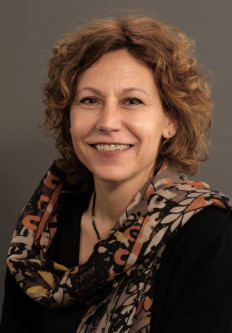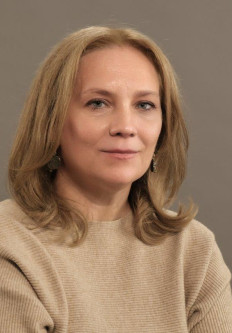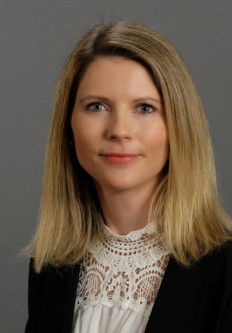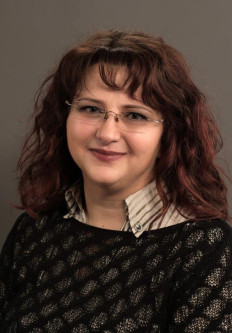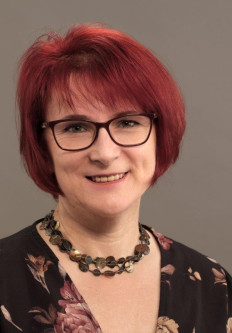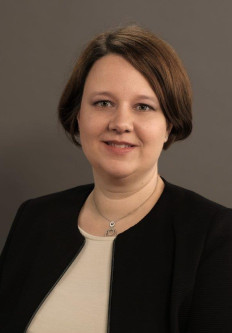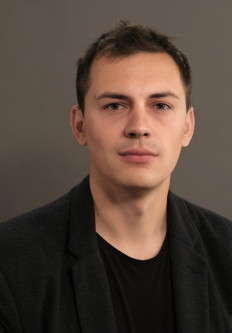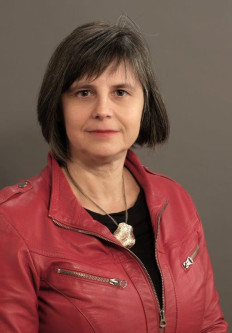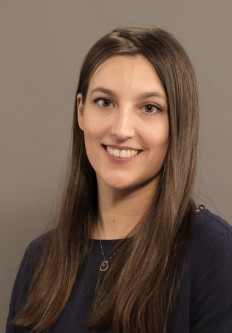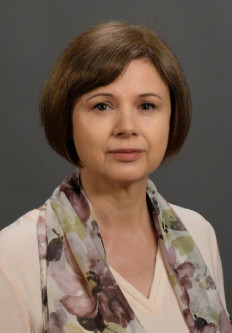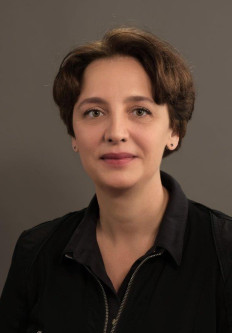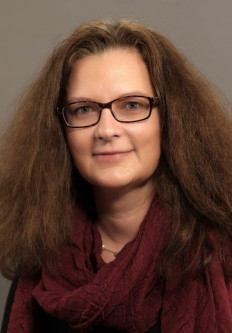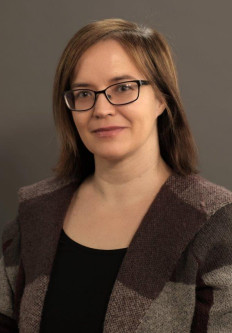

Content
About the programme
The joint interdisciplinary Master's degree programme in Digital Linguistics trains for a new interdisciplinary professional profile, combining skills and competences from the fields of linguistics, digital communication, computer and information science and social sciences. The University of Ljubljana is implementing the programme in cooperation with Masaryk University in Brno (Czech Republic) and the University of Zagreb (Croatia), and in addition to the Faculty of Arts, the Faculty of Social Sciences and the Faculty of Computing and Informatics are also participating. At the end of their studies, graduates receive a joint diploma from all three universities.
The Digital Linguistics study programme is intended for graduates of various undergraduate study programmes, especially various undergraduate linguistics, computer science and informatics, but also other programmes if the entry requirements are met. Due to the differences between the initial competences of the enrolled students, the programme offers 4 compulsory elective courses in the first semester of the first year, of which students choose two in a guided manner according to their previous education. The compulsory elective subjects cover the core competences in the fields of linguistics and language in the digital age, statistics and programming, provide a framework for equalisation of prior knowledge, and are professional-specific core competences delivered through compulsory subjects common to all students (Language Resource Management, Introduction to Research, Natural Language Processing, ICT and Society, Project).
In the third semester, it is compulsory for students to choose one of the two partner universities and to complete the study requirements of 30 ECTS credits there.
The interdisciplinary study of digital linguistics is modular and allows a high level of customisation of the programme to one's own interests and skills, while at the same time expecting students to be highly motivated and actively involved in all forms of the study process. After graduation, it provides graduates with a wide range of different jobs in environments where they are confronted with linguistic data in a digital environment. It is a highly interdisciplinary competence framework, which is a particular strength of Digital Linguistics graduates.
P = Lectures; S = Seminars; V = Tutorials; D = Other forms of organized study work (practical training, observations, performances, field work, etc.); KT = ECTS credit (Credit points according to the European Credit Transfer System). 1 ECTS credit means 25 to 30 hours of student workload. Zimski = Winter; Letni = Summer; Celoletni = Full-year.
| 1. Year | P | S | V | D | KT | Semester |
|---|---|---|---|---|---|---|
| 2nd cycle Digital Linguistics | ||||||
| Information-Communication Technology and Society | 30 | 30 | 0 | 0 | 5 | letni |
| Natural language processing | 45 | 10 | 20 | 0 | 5 | letni |
| Sociolinguistics and Discourse Analysis | 30 | 30 | 0 | 0 | 5 | letni |
| Work Placement | 15 | 15 | 0 | 0 | 6 | letni |
| Language resources management | 15 | 45 | 0 | 0 | 5 | zimski |
| Introduction to Research Work | 15 | 30 | 0 | 0 | 5 | zimski |
| Elective subjects 1 | 21 | |||||
| Elective subjects 2 | 8 | |||||
| 2. Year | P | S | V | D | KT | Semester |
|---|---|---|---|---|---|---|
| 2nd cycle Digital Linguistics | ||||||
| Master's thesis | 0 | 0 | 0 | 0 | 20 | letni |
| Project | 0 | 30 | 0 | 0 | 10 | zimski |
| Free elective 3 | 0 | 0 | 0 | 0 | 5 | |
| Elective subjects 1 | 10 | |||||
| Elective subjects 1 | P | S | V | D | KT | Semester |
|---|---|---|---|---|---|---|
| Web information extraction and retrieval | 45 | 10 | 20 | 0 | 6 | zimski, letni |
| Qualitative Psychological Research | 0 | 30 | 0 | 0 | 3 | letni |
| Localization and Translation Projects | 0 | 60 | 0 | 0 | 5 | letni |
| Translation from Italian into Slovene | 0 | 60 | 0 | 0 | 3 | letni |
| Translation from Slovene into English | 0 | 60 | 0 | 0 | 3 | letni |
| Translation from Slovene into French | 0 | 60 | 0 | 0 | 3 | zimski |
| Translation from Slovene into German | 0 | 60 | 0 | 0 | 3 | letni |
| Data visualization and explorative data analysis | 30 | 30 | 0 | 0 | 9 | zimski |

